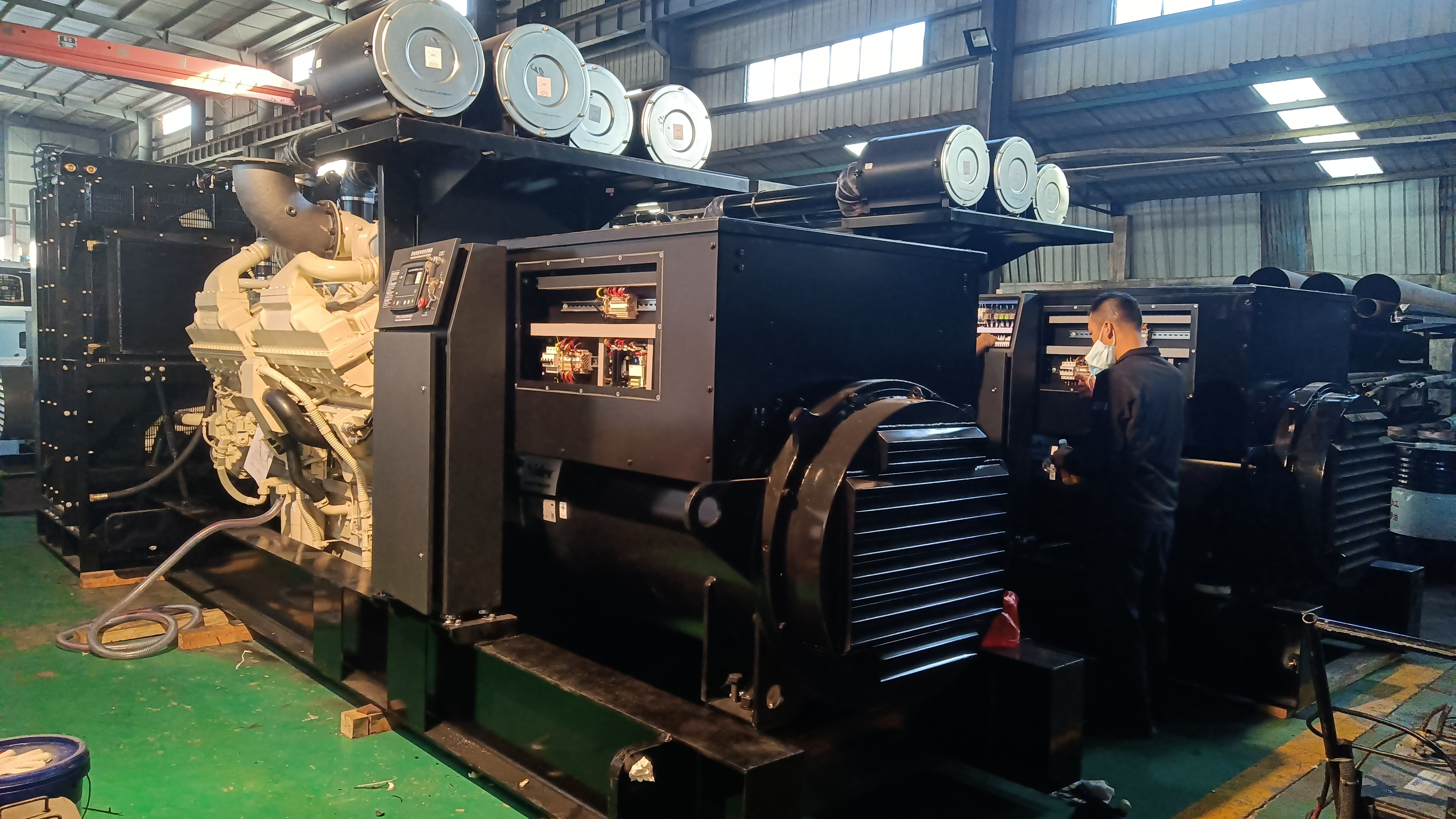Introduction
A diesel generator is an essential piece of equipment that provides backup power in case of a power outage or serves as the primary source of electricity in remote areas. It is widely used in industries, commercial buildings, hospitals, and even residential homes. However, like any other equipment, it requires regular maintenance and inspection to ensure its efficient and reliable performance. In this article, we will discuss the importance of inspection and testing for diesel generators and the steps involved in the process.
Why is Inspection and Testing Necessary for Diesel Generators?
A diesel generator is a complex machine that consists of various components such as the engine, alternator, fuel system, cooling system, and electrical system. These components work together to provide electricity, and any malfunction or failure in one can affect the overall performance of the generator. Regular inspection and testing help to identify any potential issues or faults, allowing for timely repairs and preventing costly breakdowns.
Ensuring Safety
One of the primary reasons for inspecting and testing diesel generators is to ensure the safety of the people and the environment. Diesel generators operate on flammable fuel, making them a potential fire hazard if not maintained properly. Regular inspection and testing of the fuel system can help identify any leaks or malfunctions that could lead to a fire. Similarly, the electrical system can also pose a safety risk if not inspected and tested regularly. Faulty wiring or loose connections can cause electric shocks or even electrocution. Therefore, it is crucial to conduct a thorough inspection and testing of all the electrical components to ensure the safety of the users.
Diesel generator for recreational vehicles with Regulations and Standards
Diesel generators are subject to various regulations and standards, depending on their application and location. For instance, industries and commercial buildings are required to comply with safety and emission standards set by regulatory bodies. Failure to meet these standards can result in penalties and legal consequences. Regular inspection and testing of diesel generators help to ensure compliance with these regulations and standards, avoiding any legal issues.
Maximizing Efficiency and Performance
A well-maintained diesel generator will perform at its best, providing efficient and reliable power when needed. Regular inspection and testing of the engine, cooling system, and fuel system can help identify any issues that may affect the generator's performance. For instance, a clogged fuel filter or a faulty fuel pump can result in inadequate fuel supply to the engine, causing it to underperform. Similarly, a worn-out cooling system can lead to overheating, reducing the generator's efficiency. By conducting regular inspections and testing, these issues can be identified and resolved, ensuring maximum efficiency and performance.
Preventing Downtime and Costly Repairs
In industries and commercial settings, even a short period of downtime can result in significant financial losses. A diesel generator breakdown can halt operations, affecting production and causing delays. Moreover, the cost of repairing or replacing a generator can be substantial. Regular inspection and testing can help identify any potential issues or faults, allowing for timely repairs and preventing unexpected breakdowns. This not only saves time and money but also ensures uninterrupted power supply to critical systems and equipment.
The Inspection and Testing Process for Diesel Generators

The inspection and testing process for diesel generators involves several steps that need to be followed thoroughly. These steps may vary depending on the type and size of the generator, but the basic principles remain the same.
Visual Inspection
The first step in the inspection process is a visual examination of the generator. This involves checking for any signs of damage, wear and tear, or loose connections. The engine, alternator, fuel system, cooling system, and electrical system should all be inspected for any visible issues. Any leaks, corrosion, or damage should be noted and addressed accordingly.
Fuel System Inspection
The fuel system is a crucial component of a diesel generator, and it requires thorough inspection and testing. The fuel tank, lines, filters, and injectors should all be checked for any signs of wear, leaks, or clogs. The fuel should also be tested for any contamination or water presence, which can affect the generator's performance.
Engine Inspection
The engine is the heart of a diesel generator, and its proper functioning is crucial for the generator's performance. The engine should be inspected for any oil leaks, worn-out belts, or damaged parts. The oil level and quality should also be checked and changed if necessary. Additionally, the battery and starter should also be inspected and tested to ensure they are in good condition.
Cooling System Inspection
The cooling system is responsible for maintaining the engine's temperature, and any malfunction in this system can lead to overheating and eventual engine failure. The radiator, hoses, and coolant should be inspected for any leaks or damage. The coolant level and quality should also be checked and changed if needed.
Electrical System Inspection
The electrical system of a diesel generator is a critical component that needs to be thoroughly inspected and tested. The wiring, connections, and voltage output should all be checked for any signs of wear, damage, or loose connections. The battery, starter, and alternator should also be tested to ensure they are functioning correctly.
Load Bank Testing
Load bank testing is a crucial step in the inspection and testing process for diesel generators. It involves simulating the generator's load to ensure it can handle the required power output. This test helps to identify any issues with the generator's performance under load and allows for necessary adjustments to be made.
Conclusion
In conclusion, regular inspection and testing are essential for diesel generators to ensure their safety, compliance, and efficient performance. It is crucial to follow the proper inspection and testing process and address any issues promptly to prevent costly breakdowns and downtime. By conducting regular inspection and testing, diesel generators can provide reliable and uninterrupted power supply, making them a valuable asset to any setting.
